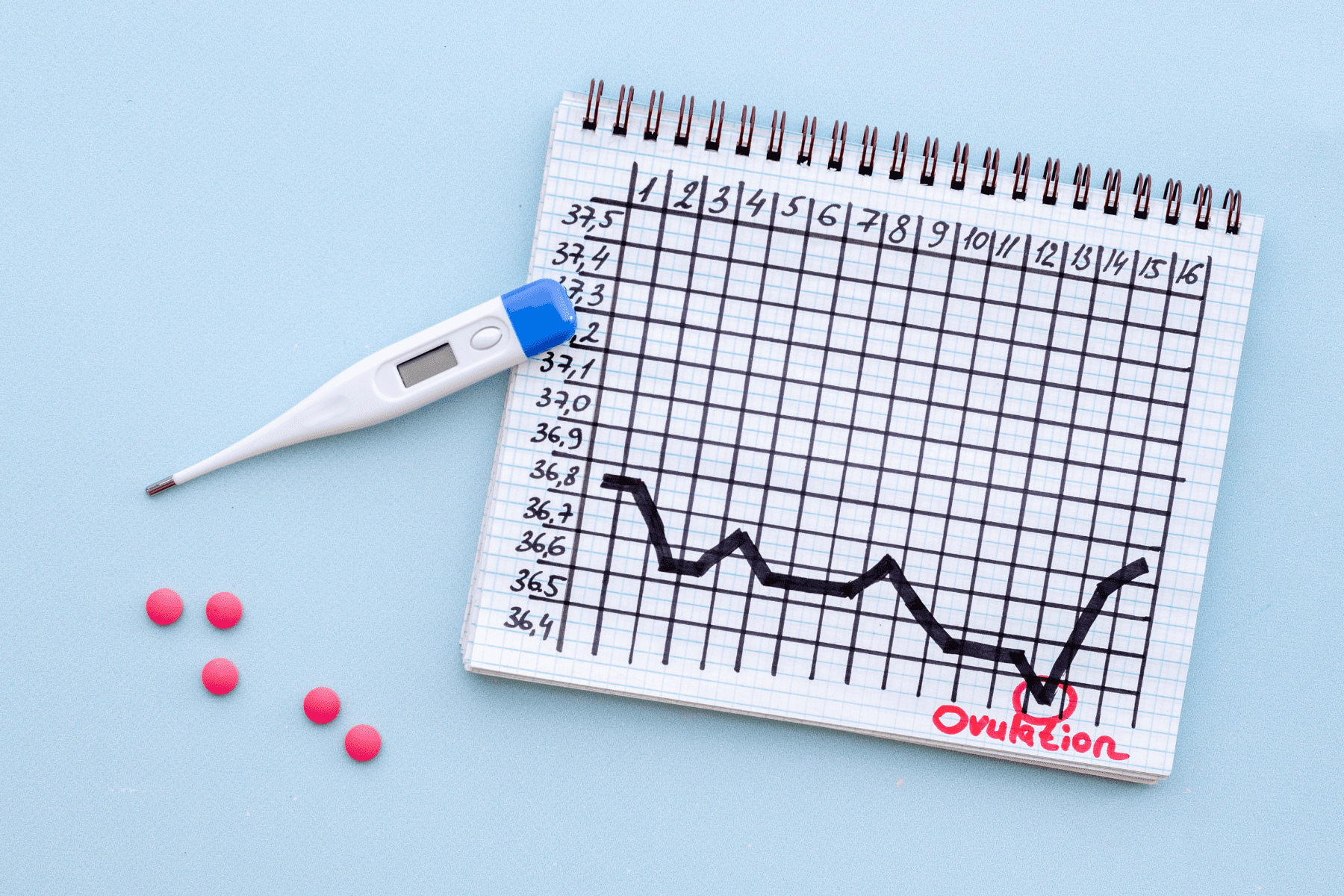When trying to conceive, every piece of the puzzle counts—and uterine fibroids are one of those often-overlooked pieces that can play a role in your fertility journey. As a reproductive endocrinologist and minimally invasive gynecologic (MIG) surgeon here at Fertility Centers of Illinois, I’ve seen firsthand how fibroids, which are common and non-cancerous growths in or on the uterus, can affect fertility. These fibroids can range from tiny and undetectable to large enough to change the shape of your uterus. They tend to be more common in certain groups, especially among African American women, and their impact on fertility can vary greatly.
Some people may not have any symptoms, while others may experience heavy periods, pelvic pain, frequent urination, or constant bloating. If you’re experiencing symptoms and trying to conceive, fibroids could interfere with your ability to get pregnant by affecting implantation or even blocking the fallopian tubes.
But here’s the good news: not all fibroids will affect fertility, and when they do, there are treatment options available. The first step is understanding how fibroids might be influencing your fertility, which allows you to make informed decisions and take control of your journey.
Fibroids and Fertility: What’s the Connection?
Fibroids can affect conception in different ways depending on their size and location. For instance, if they’re growing inside the uterine cavity, changing the shape of the uterine cavity, or pressing against the fallopian tubes, they may block sperm from reaching the egg or make it harder for an embryo to implant. The key is understanding your unique situation and figuring out what steps, if any, you can take to improve your chances.
When to See a Specialist
If you suspect that fibroids are affecting your fertility, consulting with a reproductive endocrinologist can make all the difference. As a specialist in fertility, I can assess the size, number, and location of your fibroids and work with you to determine the best approach for your specific situation.
In some cases, a MIG surgeon, like myself, may be part of your care team to treat fibroids. MIG surgeons specialize in advanced, less invasive techniques that involve smaller incisions and typically lead to quicker recovery times compared to traditional surgery.
I know that seeking help for fertility issues can feel overwhelming, but by reaching out to a specialist, you’re taking proactive steps toward understanding and improving your chances of a successful pregnancy. We’re here to guide you, answer your questions, and make sure you feel supported along the way.
Getting the Support You Need
At Fertility Centers of Illinois, we understand that dealing with fibroids and fertility concerns can be challenging, but you don’t have to go through it alone. Our team works closely with you to create personalized treatment plans that are tailored to your needs. We use the latest technology and offer compassionate care every step of the way to maximize your chances of a successful pregnancy.
Whether you’re evaluating the impact of fibroids, discussing medical management options, or exploring surgical solutions, we’re here to support you in every way possible.
Medical contribution by Edward Nguyen, M.D., Ph.D.
Edward Nguyen, M.D., Ph.D., is dedicated to helping patients fulfill their dreams of parenthood. As both a minimally invasive gynecologic surgeon (MIGS) and reproductive endocrinologist, he brings a unique expertise to best support his patients throughout their family-building journey. At Fertility Centers of Illinois, Dr. Nguyen focuses on enhancing surgical outcomes by using minimally invasive techniques that reduce or eliminate incisions, leading to improved patient recovery and overall experience.








